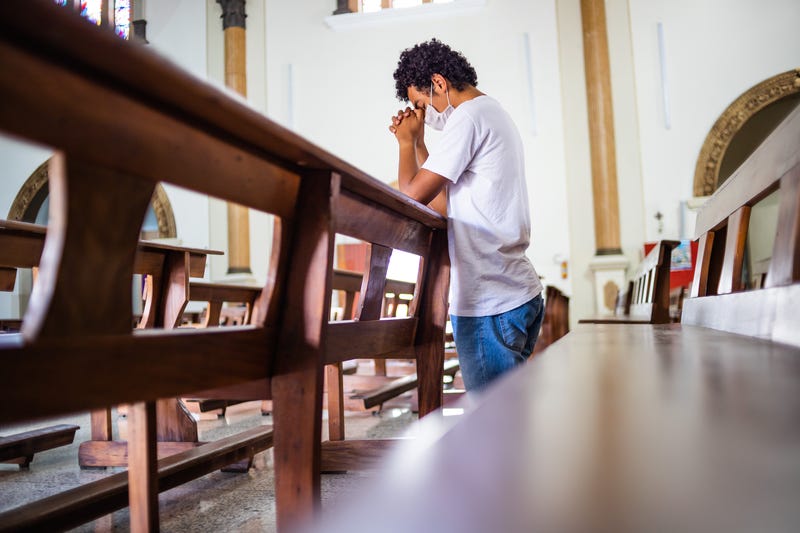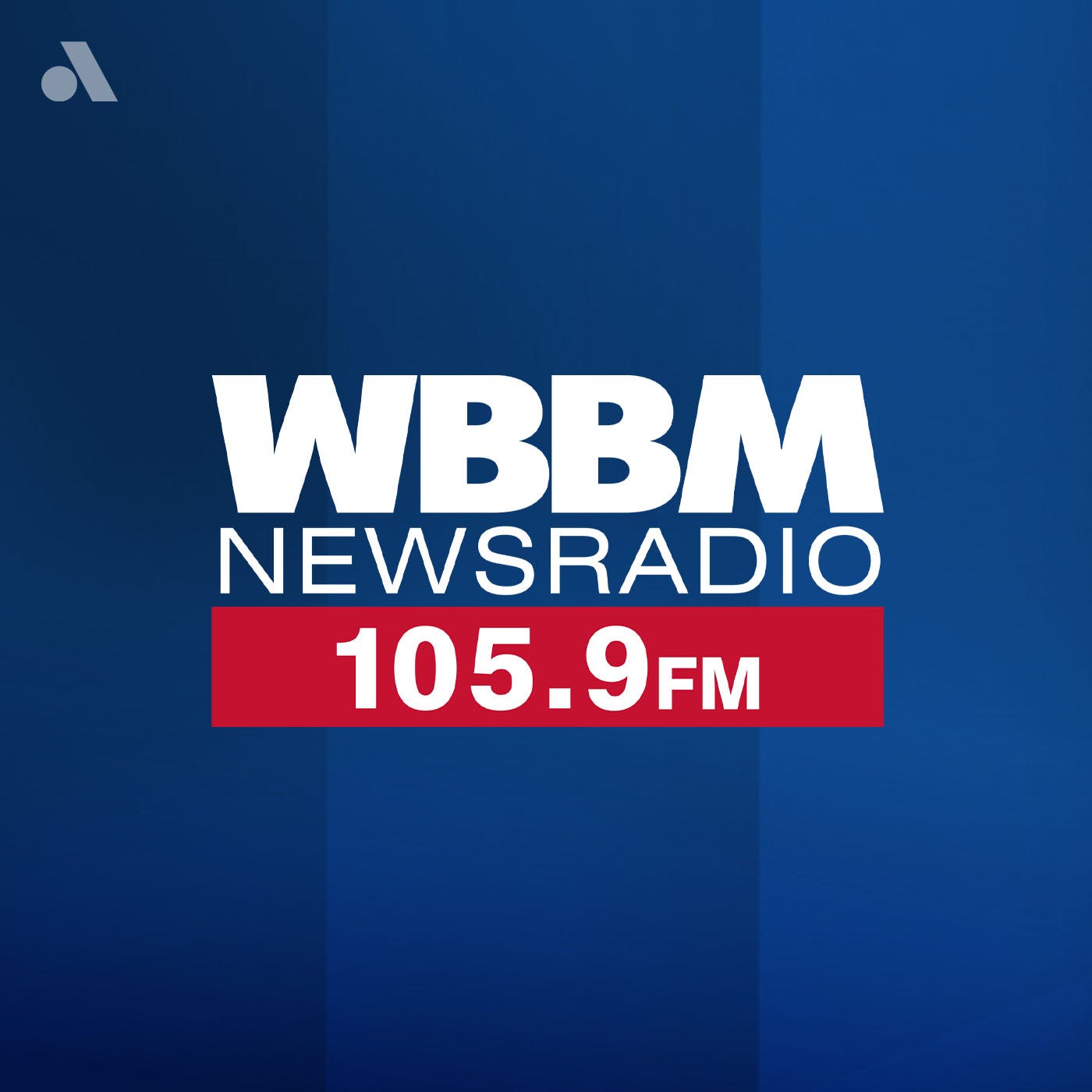
Last week President Joe Biden announced a vaccine mandate that will require millions of Americans to get the COVID-19 vaccine or test weekly for the virus. But, with many claiming they can't get the vaccine for religious reasons, the question must be asked, what constitutes a religious exemption?
In March, religious exemptions were favored by 56% of Americans. However, that percentage dropped four points by June, showing only 52% favored them, the Public Religion Research Institute reported.
Now, a recent survey by the Associated Press found that only 26% of U.S. adults now side with religious objectors when given a hypothetical scenario involving an unvaccinated kid being denied enrolment at a public school.
While some businesses have already put COVID-19 vaccination requirements in place, under the Americans with Disabilities Act and Title VII of the Civil Rights Act, they must offer exemptions to individuals with either a disability or "sincerely held" religious beliefs that prevent them from getting the vaccine.
Some religious organizations have already come out saying they support taking the vaccine. For example, the Church of Jesus Christ of Latter-day Saints released a statement on Aug. 12 from the church's First Presidency saying, "we urge individuals to be vaccinated."
The Christian Science Church, known for discouraging medical treatment and using prayer instead, has not rejected the COVID-19 vaccine, Kaiser Health News reported.
The church instead says, "it counsels 'respect for public health authorities and conscientious obedience to the laws of the land, including those requiring vaccination.'"
Currently, there have not been any major religious denominations in the U.S. to oppose the vaccination outright.
However, an individual's "sincerely held" religious belief does not need to be associated with an organized-religion mandate to be considered a valid reason for exemption from getting the vaccine, CBS News reported.
Domenique Camacho Moran, a labor attorney at Farrell Fritz, a New York Lawfirm, says that the first amendment allows for the exemption.
"It can be a personal, sincerely held religious belief which arises from the very nature of freedom of religion articulated in the First Amendment," Moran said.
Where in the past employers would more often than not give the benefit of the doubt and accept employees' requests based on religious beliefs, now they are taking a second look.
For those genuinely requesting a religious exemption, employment lawyers recommend individuals document their beliefs in writing, but even still, the determination process for employers can be murky.
"It's not as clear as the medical exemption. What is key is even the Equal Employment Opportunity Commission has not given the best guidance on how it is you determine what a sincerely held religious belief is," Sadie Banks said to CBS. Banks is an assistant general counsel and human resources consultant for Engage PEO, a human resources and benefits provider.
Most labor attorneys have shared that there is a lot of legal grey area when it comes to claiming and approving religious-based exemptions, CBS reported.
However, it is clear that employees who submit a request for an exemption must engage in a two-sided dialogue with their employer. The conversation will determine whether or not the request can be met.
"Employers still need to engage in the interactive process to determine what the practice entails, and someone else's belief is sincere or not," Banks said. "But I cannot tell you that what you sincerely hold as a religious belief does not exist, so that's a potential challenge."
While it is difficult to define what will happen regarding religious exemptions clearly, some say that it will take a lot more to prove beliefs than just saying, "I believe in God, so I can't get the shot." Carrie Hoffman, a labor attorney with Foley & Lardner, shared with CBS that "there has got to be some kind of explanation that's better than that."



